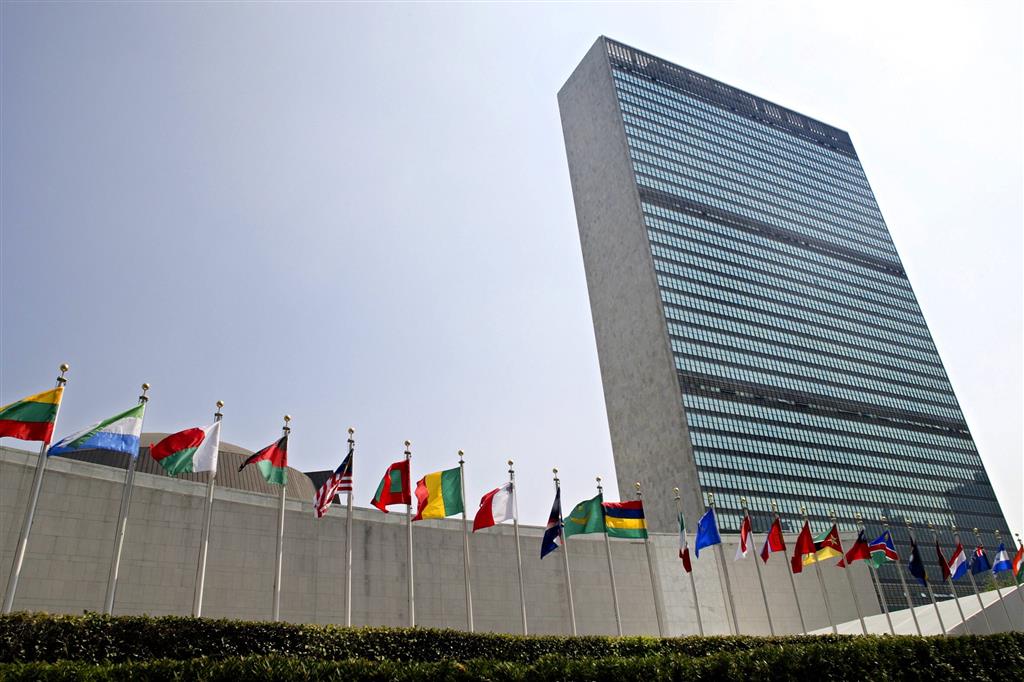The initiative, proposed by Russia in 2017, will enter into force once 40 countries have ratified it.
The treaty received the green light by consensus and will be submitted for formal adoption soon to the United Nations General Assembly (UNGA) of 193 countries.
The document aims at cracking down on cybercrime more effectively and strengthening international cooperation in this field, particularly in the areas of pedophilia and money laundering.
Since 2019, the UNGA set up an Intergovernmental Committee to draft the regulation despite the open opposition of several European countries and the United States.
The project’s detractors warned of a too-broad scope which, according to their criteria, could result in a global surveillance treaty.
However, the UN considers cybercrime as a constantly evolving and complex form of transnational crime.
It occurs in the borderless realm of cyberspace aggravated by the growing involvement of organized crime gangs.
Perpetrators of cybercrime and their victims may be located in different regions, and its effects may extend globally to societies, stressing the need for an urgent, proactive, and international response.
jrr/omr/lam/ebr









